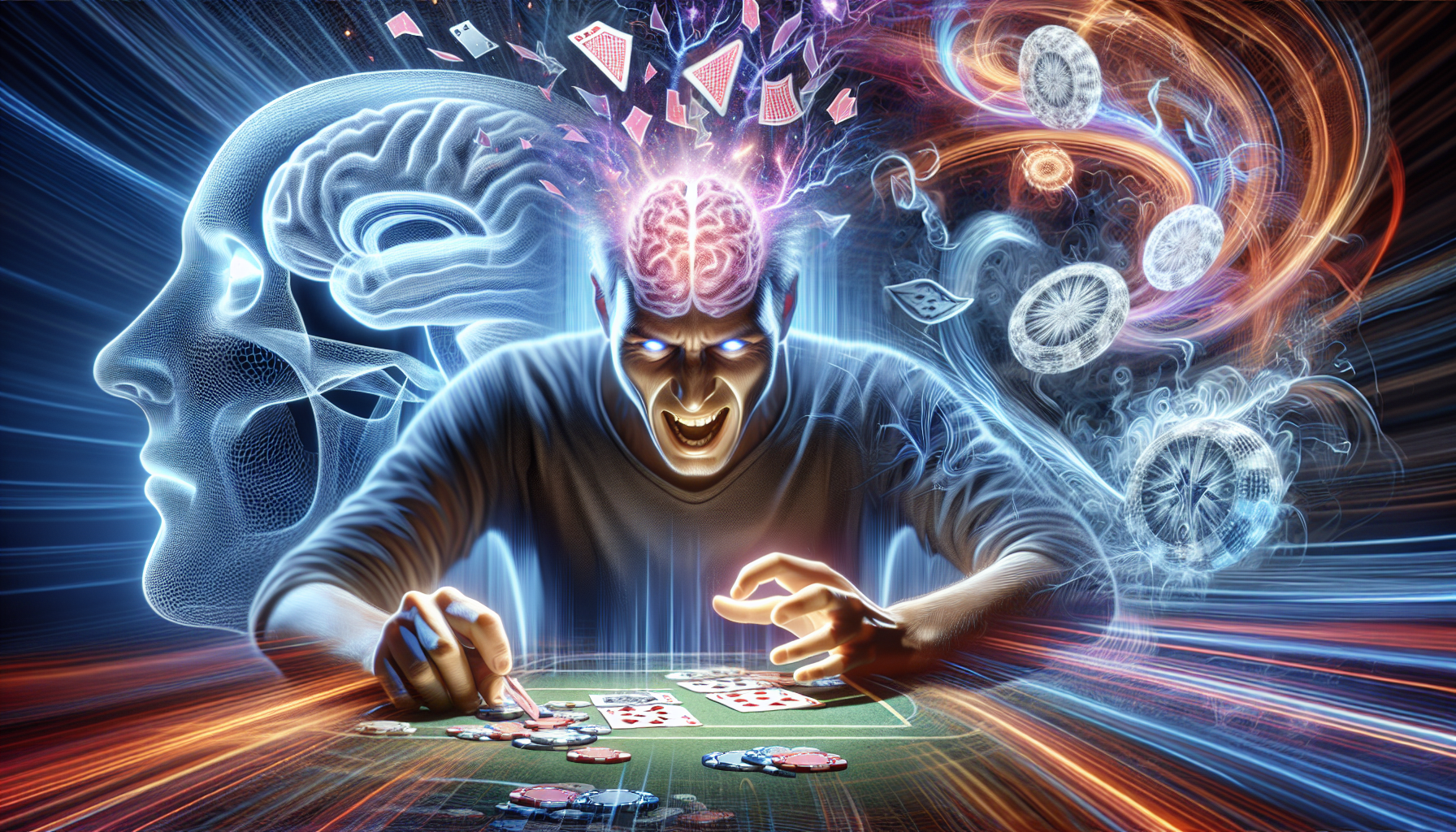The Psychology of Gambling: Why We Love to Play
Introduction
Gambling has been a part of human culture for centuries, providing excitement, the chance to win big, and a way to socialize. This article delves into the psychology of gambling and explores why so many people are drawn to the table, the slots, or the track.
The Evolution of Gambling
The history of gambling is rich and varied, stretching back thousands of years. From ancient dice games to modern-day casinos, gambling has evolved alongside human civilization.
Psychological Mechanisms Behind Gambling
1. The Thrill of Uncertainty
The uncertainty of gambling outcomes creates a sense of excitement and thrill that is hard to replicate elsewhere in life. This uncertainty can lead to a heightened emotional state, making each win or loss feel more intense.
2. The Illusion of Control
Many gamblers operate under the illusion of control, believing that their actions can influence the outcome of a chance-based activity. This can lead to a false sense of empowerment, reinforcing the gambling behavior.
3. The Role of Luck
Luck plays a significant role in gambling, and the human mind often attributes outcomes to luck rather than skill. This belief can create a cycle of gambling behavior, as players hope to be favored by fortune.
Societal and Cultural Influences
1. Historical Context
Historically, gambling has been both celebrated and vilified. Societies have alternated between embracing gambling as a legitimate pastime and condemning it as morally questionable.
2. Cultural Attitudes
Cultural attitudes towards gambling vary greatly. In some cultures, gambling is seen as a harmless activity, while in others, it is viewed with suspicion or disdain. These attitudes can influence individual behaviors and acceptance of gambling.

The Impact of Gambling on the Brain
1. The Reward System
Gambling activates the brain’s reward system, releasing dopamine and creating feelings of pleasure. This chemical reaction can be highly addictive, encouraging repeated gambling behavior.
2. Addiction and Compulsion
For some individuals, gambling can become an addiction, characterized by compulsive behavior and an inability to stop despite negative consequences. Understanding the psychological and neurological basis of this addiction is crucial for effective treatment.
The Economics of Gambling
1. Casino Economics
Casinos are designed to maximize profit, utilizing psychological principles to encourage spending. The layout, lighting, sounds, and even the absence of clocks all contribute to an environment where gambling is encouraged.
2. Online Gambling
The rise of online gambling has transformed the landscape, making it easier than ever to place bets from the comfort of home. This convenience comes with new psychological challenges and risks.

Responsible Gambling
1. Recognizing Problem Gambling
Recognizing the signs of problem gambling is the first step towards seeking help. These signs can include financial problems, relationship issues, and an inability to control gambling behavior.
2. Strategies for Responsible Play
Responsible gambling involves setting limits, understanding the odds, and treating gambling as a form of entertainment rather than a way to make money. Support systems and resources are available for those who need help maintaining control.
Conclusion
Gambling is a multifaceted activity influenced by a variety of psychological, societal, and economic factors. Understanding these influences can help individuals make informed decisions about their gambling behavior, promoting a safer and more enjoyable experience.
